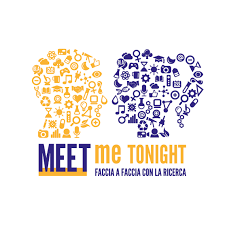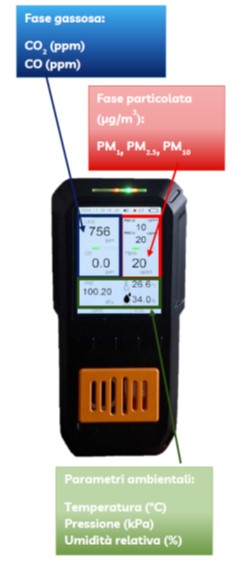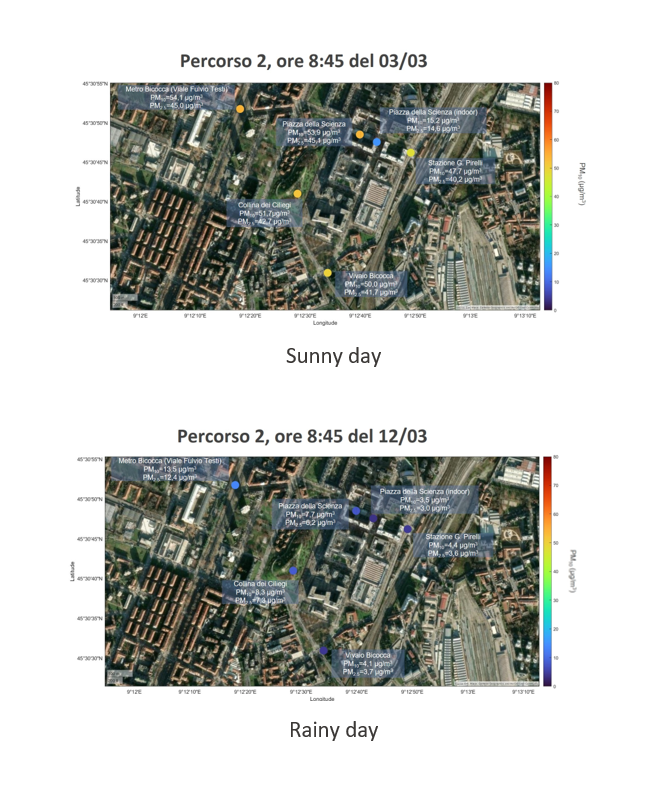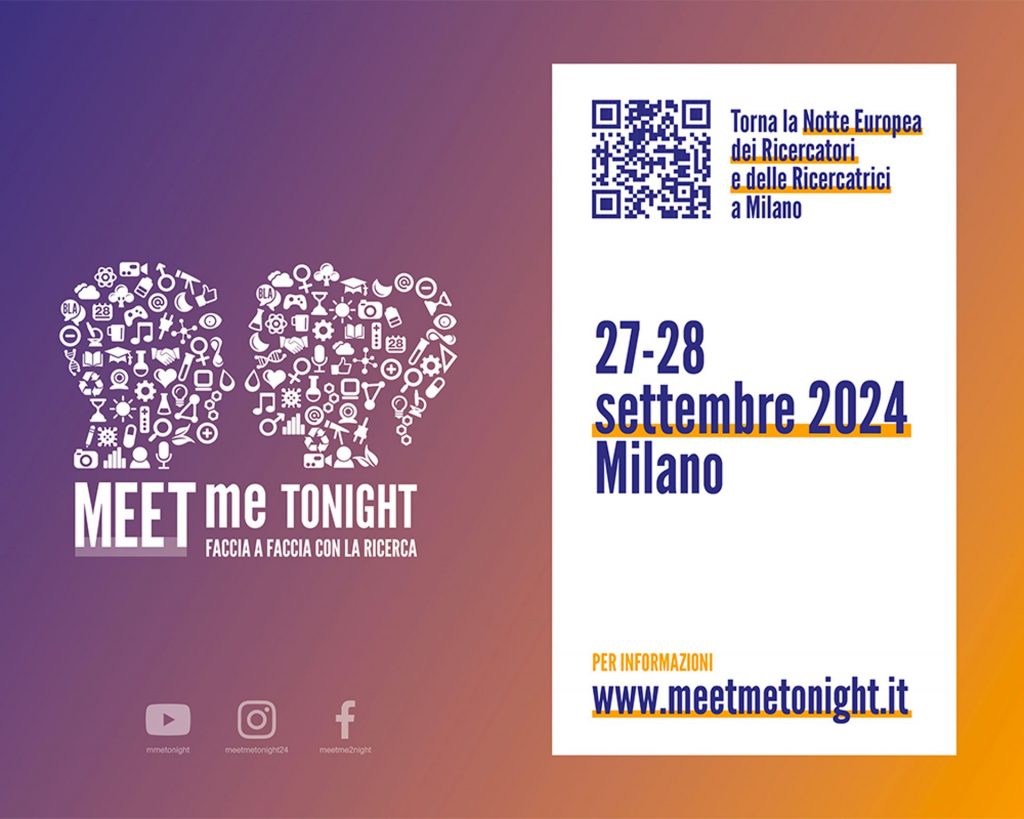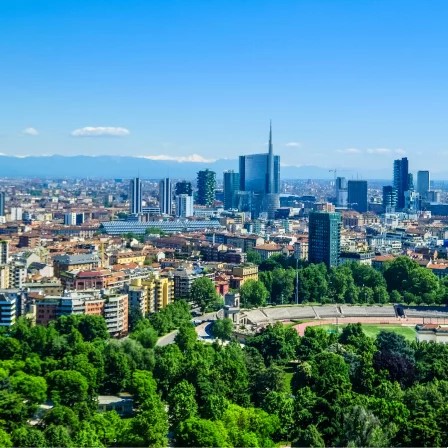2025 marks the 20th anniversary of the European Researchers’ Night, the event promoted by the European Union that annually brings science to the general public, involving hundreds of cities across Europe. This year’s edition, scheduled for September 26 and 27, will see the participation of over 460 cities in 25 countries.
For the occasion, MEETmeTonight returns to Milan, two days of activities, meetings, workshops, and shows, open to everyone, hosted this year by the University of Milan, at Via Festa del Perdono 7 – in the heart of the city.
Join us for a face-to-face encounter with research and its protagonists!
Find out more about the planned activities and consult the complete program.
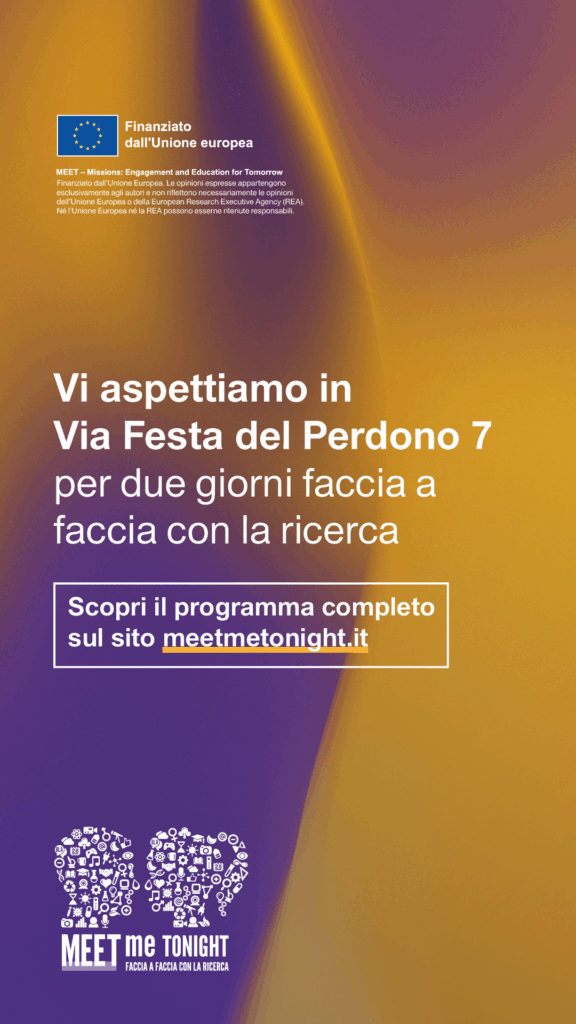
Heart of the program are the 5 European Missions – adaptation to climate change; fight against cancer; protection of oceans, seas, lakes and rivers; climate-neutral and intelligent cities; soil health – expressed in numerous activities involving professors, researchers and young PhDs.
Among the thematic pavilions dedicated to the 5 Horizon Europe Missions, on September 27th there will also be researchers from the POLARIS Research Centre, with a thematic pavilion entitled “Smart Cities and Health: Discover the Air We Breathe“.
The proposed activity aims to explore the topic of air quality from different points of view. The stand includes various instruments for measuring air pollutants, from scientific-level instruments to low-cost instruments, such as ‘smart’ sensors used by the POLARIS Interdepartmental Centre within the Open-Living lab of the MUSA – Multilayered Urban Sustainability Action project, funded by the European Union – NextGenerationEU, PNRR Mission 4 Component 2 Investment Line 1.5: Creation and strengthening of “innovation ecosystems”, construction of “territorial R&D leaders” (Spoke 1 – Urban Regeneration. City of Tomorrow, WP1).
From smart sensors that measure air quality to optical microscopes for close-up exploration of cells and tissues: an interactive participatory science experience to discover how pollution affects our breathing and daily well-being.
We look forward to seeing you at our pavilion!

